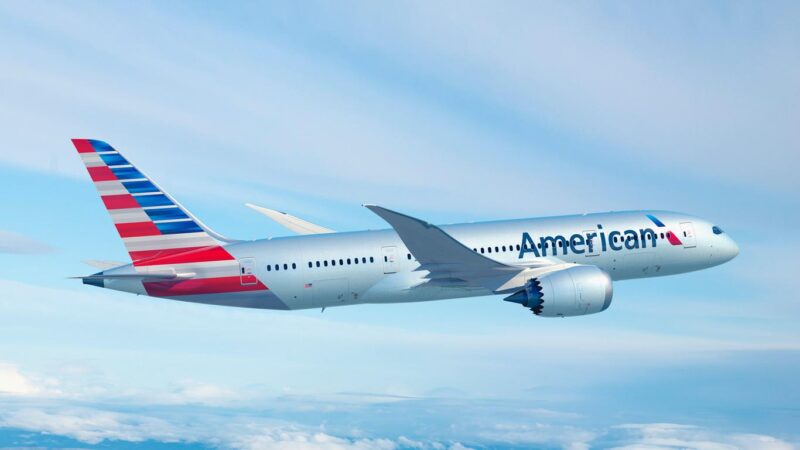Boeing announced Monday that it had made a “best and final offer” to its striking machinists, including bigger pay raises and larger bonuses. However, the workers’ union quickly rejected the proposal, stating it wasn’t sufficient, and no ratification vote would occur before Boeing’s deadline at the end of the week.
The union criticized Boeing for sharing its latest offer with the 33,000 striking workers without first negotiating with union representatives. “Boeing does not get to decide when or if you vote,” union leaders from the International Association of Machinists and Aerospace Workers district 751 told members Monday evening. “The company has refused further discussions; therefore, we will not be voting on Friday as Boeing demands.”
After two days of unsuccessful talks with federal mediators, Boeing said it offered significant improvements to address concerns raised by the union and employees.
This new offer is more generous than the one overwhelmingly rejected earlier this month, featuring a 30% pay raise over four years, up from 25% in the initial proposal. The union had initially requested a 40% increase over three years.
By calling this its final offer, Boeing signaled its desire to end the strike, which began on September 13. Last week, the company introduced rolling furloughs for non-unionized employees to reduce costs.
Both Boeing and the strikers are facing financial pressure. The striking workers received their last paycheck last week and will lose company health insurance at the end of the month. Boeing’s new offer is contingent on union members ratifying the contract by late Friday night, marking just over two weeks of the strike.
The union, which represents factory workers who assemble some of Boeing’s most popular planes, pushed back on the proposal Monday night after several hours of deliberation. “This proposal does not go far enough to address your concerns, and Boeing has missed the mark with this proposal,” the union told its members, adding that they plan to survey members on the new offer.
The offer includes an upfront 12% pay raise and three annual raises of 6%. It would also double ratification bonuses to $6,000 and maintain annual productivity bonuses, unlike the earlier offer, which proposed shifting those to retirement contributions.
Boeing noted that average pay for machinists would rise from $75,608 to $111,155 by the end of the four-year contract. However, the offer does not restore a traditional pension plan, a key point for striking workers who had voted 94.6% against the previous proposal.
Additionally, Boeing reiterated its promise to build its next airplane in the Seattle area if the project begins within the next four years, a significant concession for union leadership, though less impactful to the broader workforce.
The strike is likely starting to hurt Boeing’s cash flow, as the company primarily earns revenue when it delivers planes, and production of its 737s, 777s, and 767s has been halted due to the strike. However, work on 787s continues in South Carolina with nonunion workers.
On Friday, Boeing began implementing rolling furloughs for thousands of managers and nonunion employees, requiring them to take one unpaid week off every four weeks. The company has also frozen hiring, cut business travel, and reduced supplier spending. These cost-cutting measures are expected to continue for the duration of the strike.
By: Big Sky Headlines

